Cryptocurrency trading has evolved quickly over the past few years. With the rise of decentralized finance, traders now have more control over their assets than ever before. Instead of relying on centralized exchanges to store tokens and execute trades, users can now trade directly from their wallets. This is where decentralized exchanges, also known as DEXs, come into play. However, with so many DEXs available across different blockchains, finding the best trading price can be difficult.
This is where DEX aggregators are becoming essential tools for traders. A DEX aggregator scans multiple decentralized exchanges at once and helps users get the best available price for their tokens. Instead of manually checking every platform, the aggregator compares prices instantly and finds the most efficient trading route.
This article explains what a DEX aggregator is, how it works, and why traders use it to save time, reduce costs, and improve trade execution.
Understanding Decentralized Exchanges (DEXs)
Before understanding what a DEX aggregator does, it helps to know the role of decentralized exchanges.
A decentralized exchange is a platform that allows users to trade crypto tokens directly from their own wallets. Unlike centralized exchanges, there is no account signup or identity verification required. This means users maintain full ownership of their assets and private keys.
Popular DEX examples include:
- Uniswap
- PancakeSwap
- Curve
- QuickSwap
- SushiSwap
These platforms rely on smart contracts to execute trades. While DEXs provide transparency and self-custody, prices can vary across platforms depending on liquidity and trading activity. This price difference creates the need for a more efficient way to find the best rate.
What Is a DEX Aggregator?
A DEX aggregator is a platform that collects data from multiple decentralized exchanges and shows users the best available price for any crypto trade. Instead of choosing a single DEX to swap tokens, a DEX aggregator scans several exchanges at once and suggests the cheapest and most efficient trading route.
In short:
- A DEX aggregator finds the best price
- It compares swap fees, liquidity levels, and slippage.
- It may split a trade across several exchanges to improve results
Some popular DEX aggregators include:
- 1inch
- Matcha
- Paraswap
- OpenOcean
- Rango Exchange
These platforms act as intelligent routing engines that help traders avoid losing value during a swap.
How DEX Aggregators Work
DEX aggregators rely on smart algorithms to search across decentralized exchanges in real time. When a user wants to swap one token for another, the aggregator checks the following:
- Available liquidity on each DEX
- Swap fees charged by the protocol
- Price impact or slippage that may occur
- Gas fees for executing the transaction
After collecting this information, the aggregator provides the user with the most cost-efficient route. In some cases, the aggregator may split the trade across multiple DEXs to maintain the best rate.
This process happens instantly. The user only sees the final quote, while the aggregator handles all the routing behind the scenes.
Read more Top Free Crypto News Aggregators for Daily Market Updates
Why Traders Use DEX Aggregators
1. Getting the Best Price for Trades
Crypto prices are not always the same across exchanges. Two platforms may show different values for the same token. By comparing several DEXs, a DEX aggregator ensures that traders always get the best available price.
2. Saving Time
Manually checking prices across multiple platforms is slow and inconvenient. A DEX aggregator completes this comparison instantly.
3. Reducing Slippage
Slippage occurs when a trade is executed at a worse price than expected. Aggregators analyze liquidity levels and avoid trading on platforms with low liquidity.
4. Lower Fees and Gas Optimization
DEX aggregators calculate the total transaction cost, not just the token price. They take gas fees into account and recommend the most cost-effective execution.
5. One Interface to Access Multiple Networks
Many aggregators support multi-chain trading. This allows users to trade tokens across multiple networks from one interface, making the experience more seamless.
What Happens if You Do Not Use a DEX Aggregator?
Without an aggregator, a trader may experience:
- Higher trading costs
- Poor exchange rates
- Increased slippage
- Time wasted checking multiple platforms
- Missed profit opportunities
For active traders, this can significantly reduce returns.
Common Features of DEX Aggregators
Most aggregators are designed to be user-friendly, even for beginners.
Example Scenario: Why a DEX Aggregator Matters
Imagine a trader wants to swap $1,000 of USDT ($1.00) for ETH ($3,024.98).
If they use only one DEX:
- Liquidity might be low
- Price might be unfavorable
- Slippage could cost extra money
If they use a DEX aggregator:
- The system checks many DEXs
- Finds a better price
- Splits the trade if needed
The trader might save $5 to $50 or more, depending on market conditions.
Conclusion
DEX aggregators have become essential tools for anyone trading crypto on decentralized exchanges. They save time, reduce slippage, improve trade execution, and help users avoid unnecessary costs. Instead of searching every exchange manually, traders can rely on intelligent routing algorithms to provide the best available price.
As decentralized finance continues to grow, DEX aggregators will play an even larger role in helping traders access fair and efficient markets. Whether you are a beginner or experienced trader, using a DEX aggregator can significantly improve your trading outcomes.
FAQs
1. Is using a DEX aggregator free?
Yes. Most DEX aggregators do not charge direct fees. However, network gas fees still apply.
2. Are DEX aggregators safe?
Most reputable aggregators are audited and use secure smart contracts. Always use trusted platforms.
3. What is the difference between a DEX and a DEX aggregator?
A DEX is an exchange. A DEX aggregator scans multiple DEXs to find the best trade prices.
4. Do DEX aggregators support cross-chain swaps?
Some do. Aggregators like Rango and OpenOcean offer multi-chain and cross-chain routing.5. Can beginners use DEX aggregators?
Yes. Most platforms are designed with simple interfaces and wallet-based connect systems.
The post What Is a DEX Aggregator and Why Crypto Traders Use It appeared first on FXcrypto News.











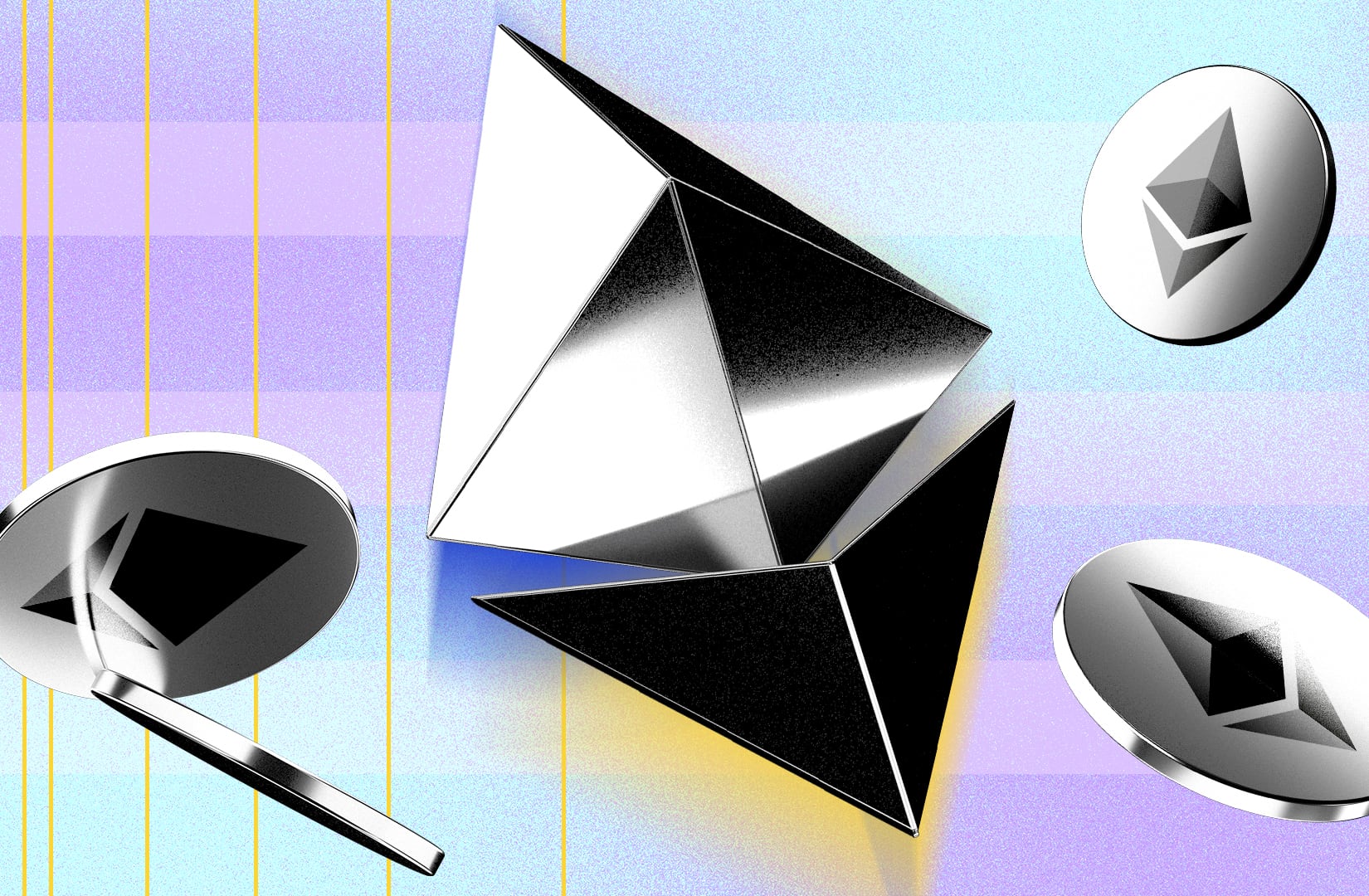

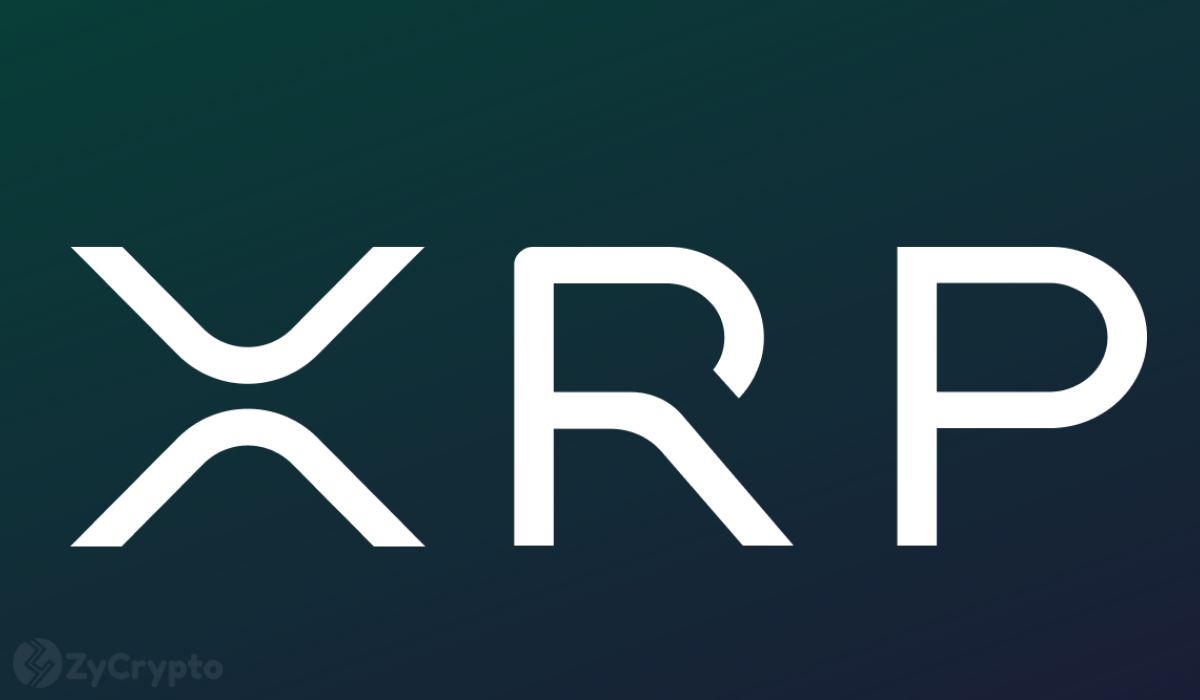
![Crypto News Today [Live] Updates On November 20,2025 : XRP Price Today, Bitcoin Price Reacts to U.S. Jobs Report and latest Crypto News](https://image.coinpedia.org/wp-content/uploads/2025/05/17173854/Coinpedia-Digest-Top-Crypto-News-This-Week-Hacks-Regulations-and-Institutional-Adoption-1-1024x536.webp)
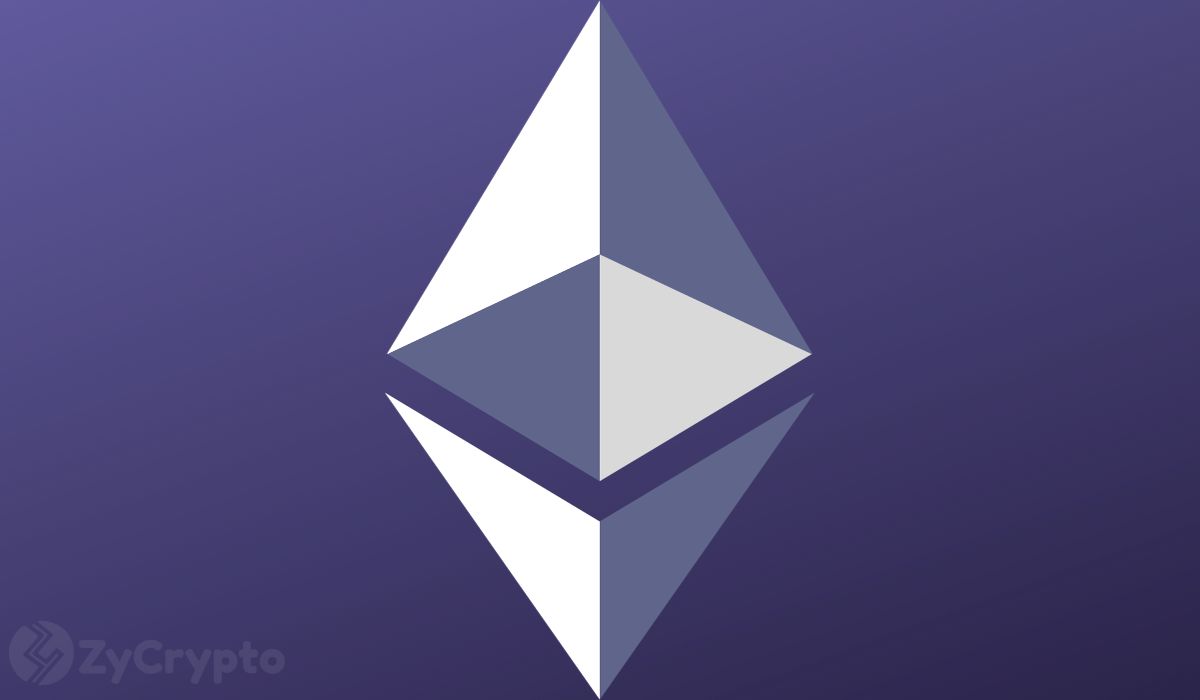
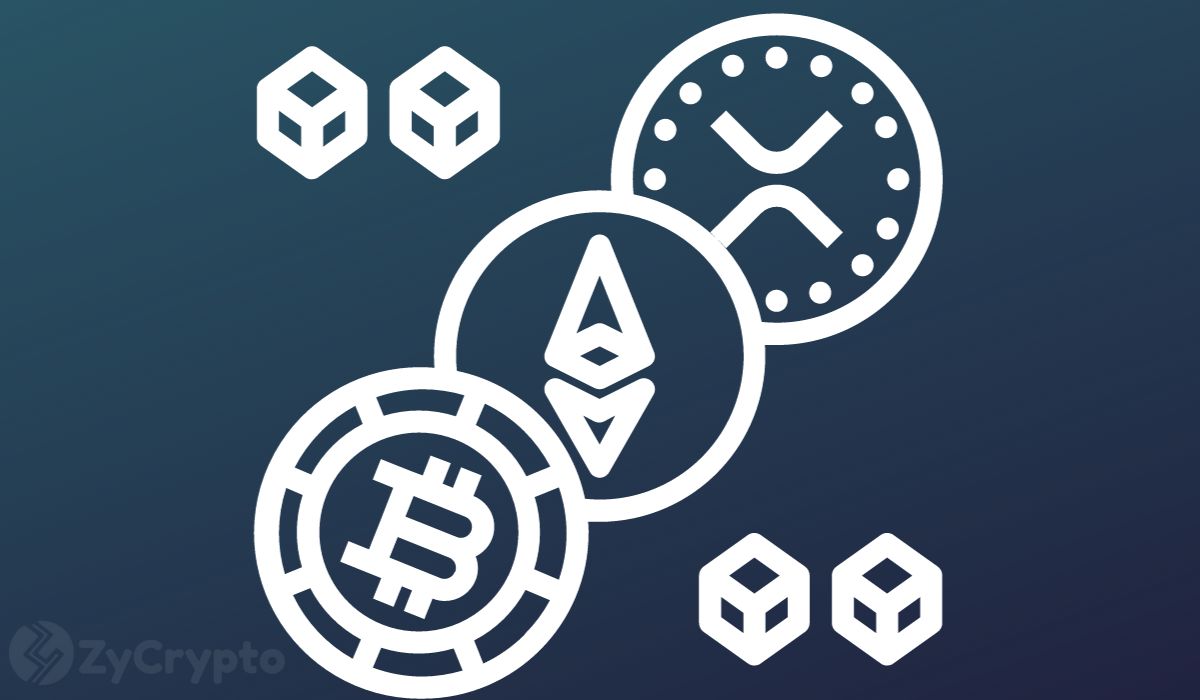



 24h Most Popular
24h Most Popular
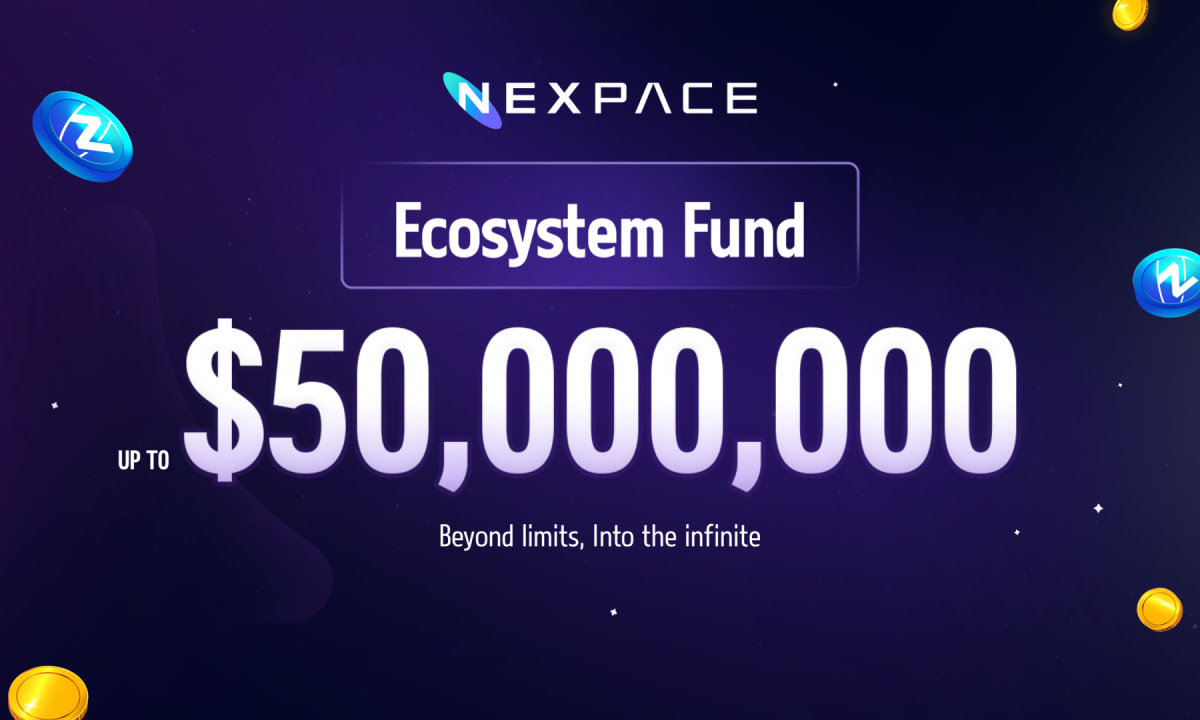



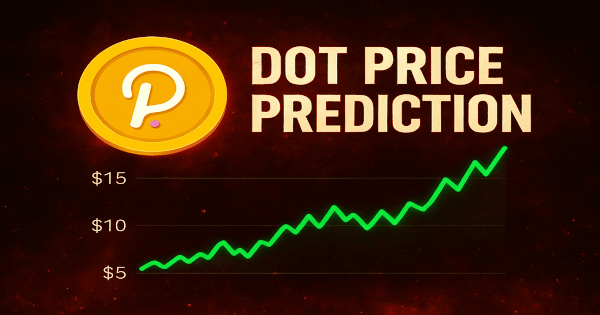

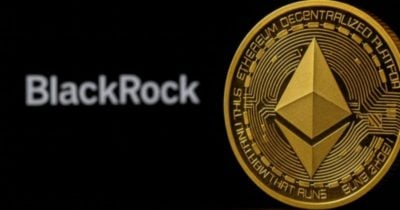
 Utilities
Utilities